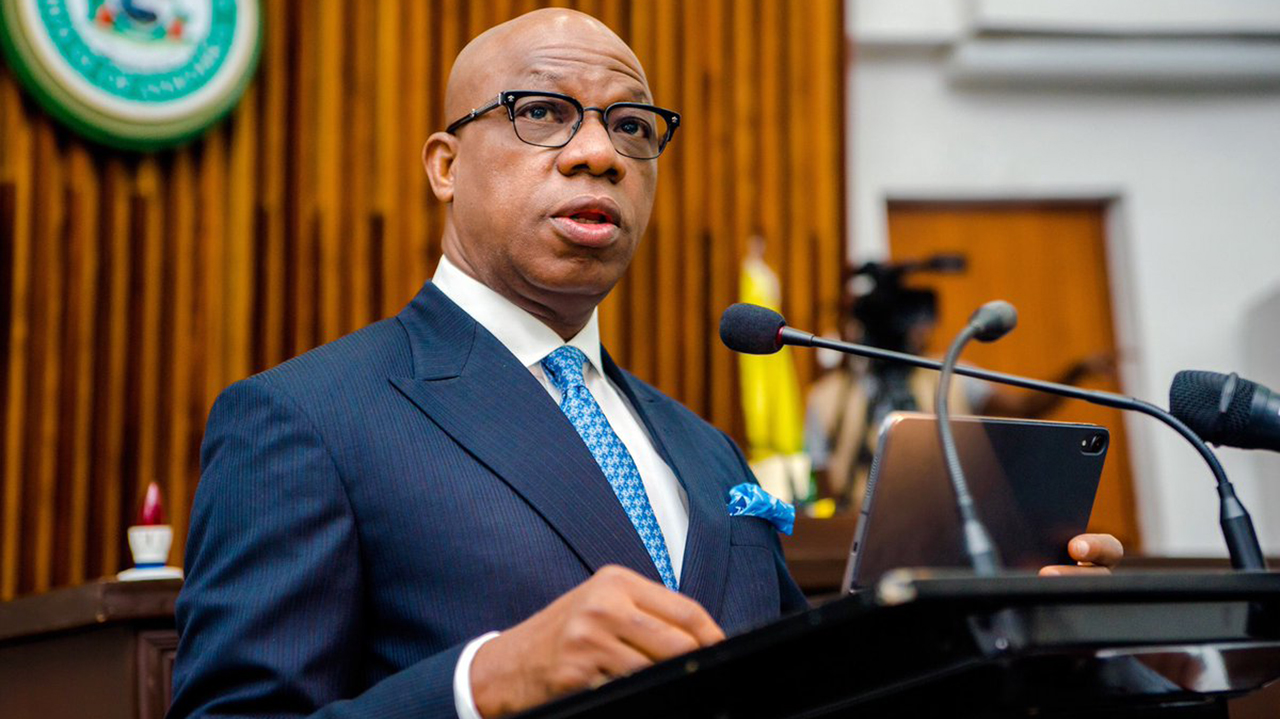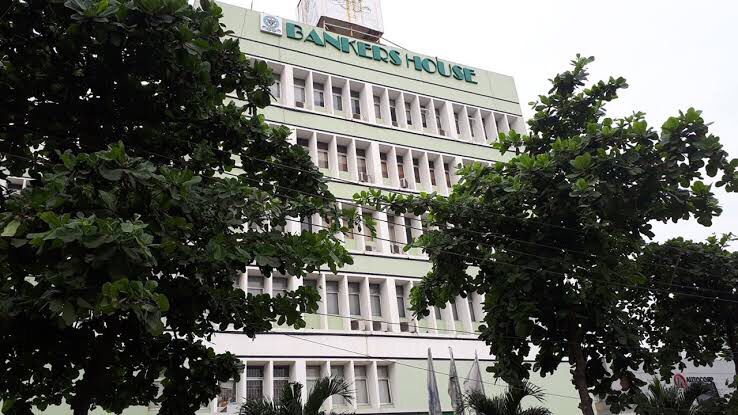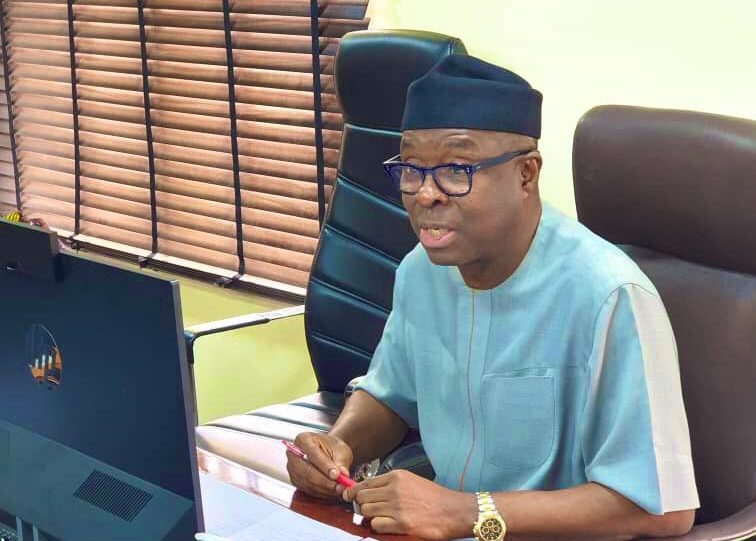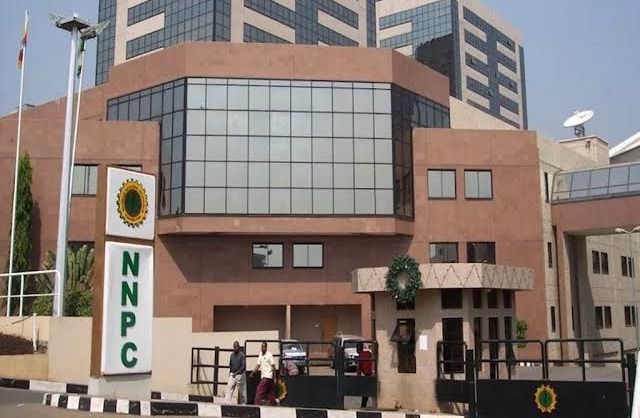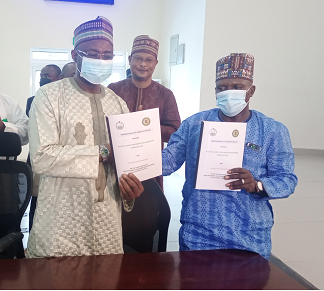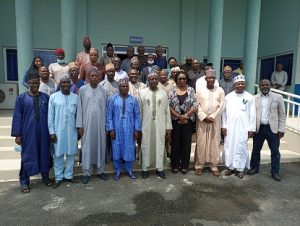Ogun State Governor, Dapo Abiodun has issued three Executive Orders, an official said on Saturday in Abeokuta.
Two of the three orders are establishing two new agencies, while the third restrains traditional rulers from signing Memorandum of Understanding (MoU) on land in the state.
Abiodun’s Special Adviser on Media and Strategy, Mr Kayode Akinmade, in a statement, listed the agencies as the Ogun State Mineral Resources Development Agency and Ogun State Landscaping and Recreation Agency.
“In addition to the establishment of these two agencies, the third executive order restrains traditional rulers from entering into any form of agreement or MoU concerning mining activities or any other land matters in their domain,” he said.
Akinmade said the Mineral Resources Development Agency would establish a working relationship with host communities in order to conduct geo-technical and geological surveys of solid mineral deposit within their domain.
“The second agency is responsible for sustaining the achievement of the Ministry of Environment in the area of environmental regeneration and restoration and through the provision of parks, gardens and recreational centres state-wide to preserve the biodiversity and ecosystem of the environment,” he added.
The News Agency of Nigeria (NAN) reports that the governor’s aide said the three executive orders take an immediate effect.
“Executive Order One is based on Section 5(2) of the 1999 Constitution which vests in the governor the exercise of executive powers of the state for the purpose of effective governance.
“The agency shall, directly or through qualified third parties, conduct and establish working relationship with host communities and local governments for the conduct of geo-technical and geological surveys of solid mineral deposits within their domain.
“It will conduct geo-technical survey of solid mineral deposits in the state and maintain relevant data in the sector, (and) organise the solid minerals sector to the best interest of the state.
“To realise its objectives, the agency shall be funded through fees generated from regulatory agency, budgetary allocation, grants and financial intervention from both local and international development partners, as well as gifts, aid and other legitimate contributions,” he explained.
Akinmade said Executive Order Two was on the basis of the Ministry of Environment starting a massive and aggressive tree-planting campaign to complement the beautification and landscaping programmes.
”This is to ensure environmentally sustainable, healthier and beautiful society, and the agency shall administer, maintain and manage all designated parks and recreation centres in the state.
“For the purpose of realising its objectives, it shall be funded through budgetary allocation or monies received for services rendered, grants and financial intervention from both local and international development partners, as well as gifts, aids and other legitimate contributions.”
He added that Executive Order Three bars traditional rulers in the state from entering into any form of MoU with reference to mining or any other land matters.
“The State has observes the current trend in which miners and investors circumvent regulations and government oversight by encouraging traditional institutions to interfere with land management by entering into MoUs and other irregular legal arrangements.
“Therefore, all forms of traditional institutions existing within the state are hereby with immediate effect barred from entering into any form of MoU or agreement with any individual, companies or organisations seeking land within any part of the entire state for purposes of mining or industry.
”They are to forthwith refrain from issuing any form of consent letters for mining across the state.
“Any traditional institution or stakeholder in the institution who flouts this order shall be sanctioned in line with the provisions of the Kings and Chiefs’ Law and other relevant criminal statutes.
